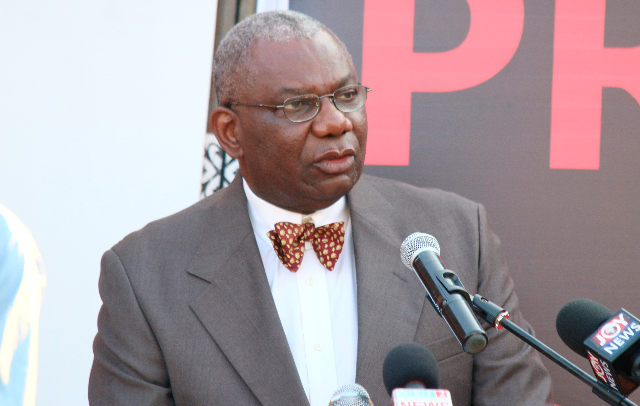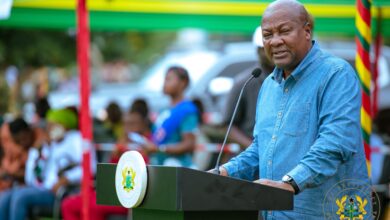
The National Petroleum Authority (NPA) has announced measures to deal with the smuggling of petroleum products which is costing the nation about GH¢850 million.
As part of the measures, exporters of petroleum products from the country are to pay the same taxes that local retailers and wholesalers of the products pay, but, unlike their local counterparts, the exporters will be allowed to file for tax refund later.
Exporters who file for refund will be required to meet some demands from the NPA, one of them being proof of export.
The decision to tax exported petroleum products is expected to help neutralise the impact that taxes and levies have on domestically consumed products and, in the process, make it unattractive to smuggle petroleum products into the country.
The Chief Executive Officer of the NPA, Mr Hassan Tampuli, told the Daily Graphic yesterday that the new measures were part of initiatives that the NPA was using to combat the smuggling menace.
The other measure, he said, was the tightening of security at the various entry and exit points to help contain the influx of illegal products into the country and keep fuel traders in business.
Two-prong assault
The NPA boss said the authority had mapped out a well thought-out plan that it believed would help rid the country of the smuggling menace.
For starters, Mr Tampuli said, the NPA had engaged the National Security, the Customs Division of the Ghana Revenue Authority (GRA), the Ghana Ports and Harbours Authority (GPHA) and the ministries of Energy and Finance “to wage a two-prong assault on the smuggling activities”.
One of the measures, he said, was the recent directive by the authority to vessels carrying petroleum products or crude oil not to berth at neither the fishing harbour nor the main harbour to discharge unless they were permitted by the NPA.
“In line with this directive, a vessel that berthed on April 27 to discharge crude oil has been towed to the anchorage to undergo all necessary processes before being allowed to discharge through the approved facilities,” he said.
He added that the Navy and the Ghana Maritime Authority (GMA) had also been directed by the respective ministries “to keep watch over smaller vessels discharging into canoes carrying drums and gallons.
Those found culpable, he said would be dealt with according to the law.
“We are taking no prisoners in the fight against the smuggling of petroleum products in the country,” he added.
Losses
For some time now the illegal importation and sale of refined petroleum products – fuel smuggling – has been eating away the profit margins of fuel traders in the country, resulting in a drop in volumes by 230,000 metric tonnes in products supplied by licensed oil marketing companies (OMCs) and the bulk distribution companies (BDCs) last year.
Although captured as a decline in consumption, the 230,000 metric tonnes of refined petroleum, which represents 5.6 per cent of last year’s national consumption, is the amount of business OMCs and BDCs lost to the growing smuggling business.
Given that products from these pirates do not pass through approved routes, where taxes and levies are collected, the Association of Oil Marketing Companies (AOMCs) estimates that the decline translates into some GH¢850 million revenue that was lost to the state in 2016 alone.
But for the infamous fuel piracy business, the Chief Executive Officer of the AOMCs, Mr Kwaku Agyeman-Duah, said licensed OMCs and their partner BDCs would have supplied those products to the market and the equivalent of about GH¢850 million in taxes and other levies paid on them.
Beyond costing the state in tax revenue, he said, the entrenchment of the fuel smuggling business meant that licensed suppliers “are gradually pushed away” from business.
The AOMC is not the only institution alarmed by the fuel piracy business; its stakeholders, the Chamber of Bulk Oil Distributors (CBOD), shared similar sentiments.
In its 2016 report released in March this year, the chamber noted that illegal activities could “soon render legal players insolvent or inoperable and deprive the government of Ghana of the needed revenue for development”.
Source: graphic.com.gh




